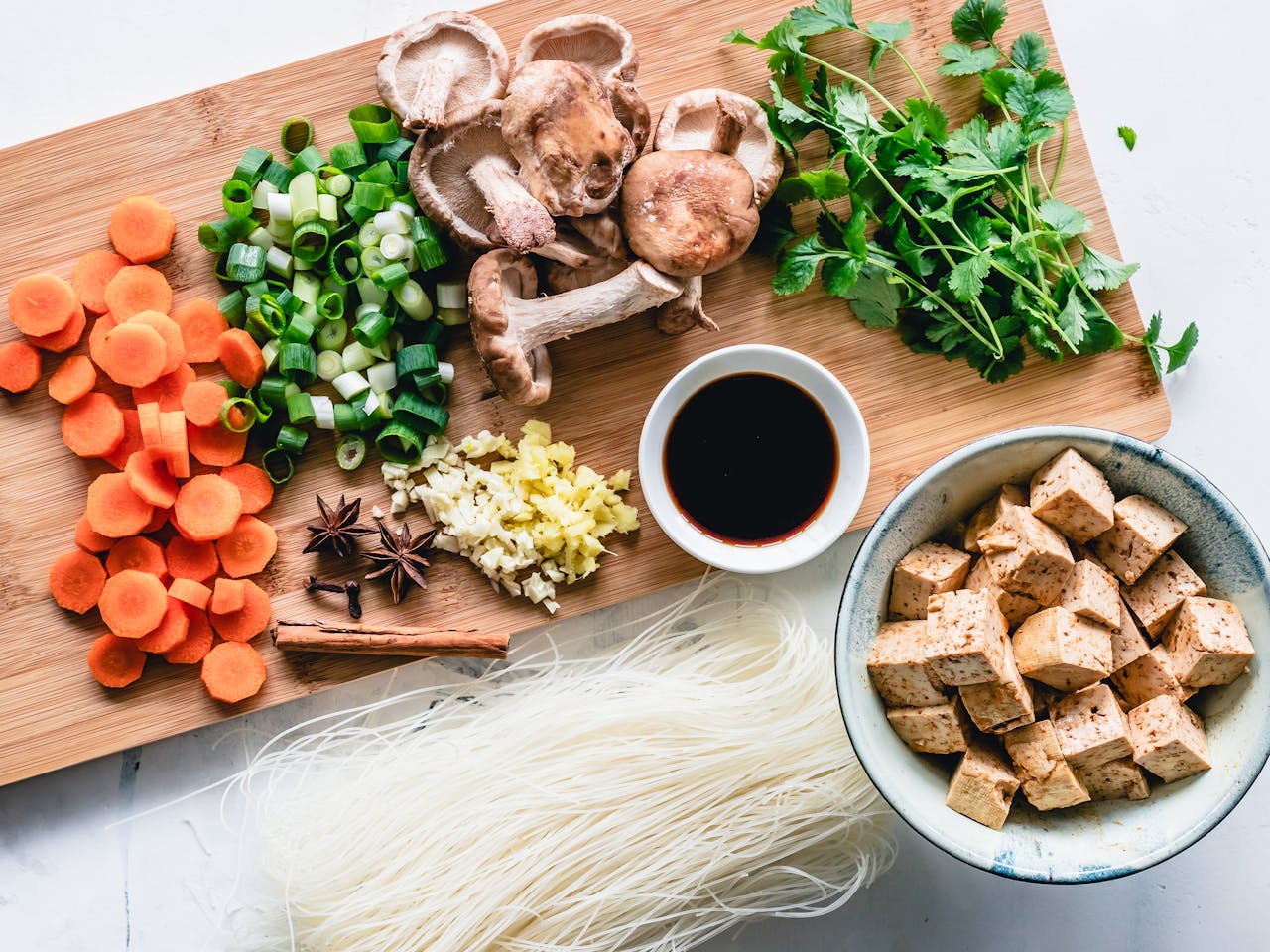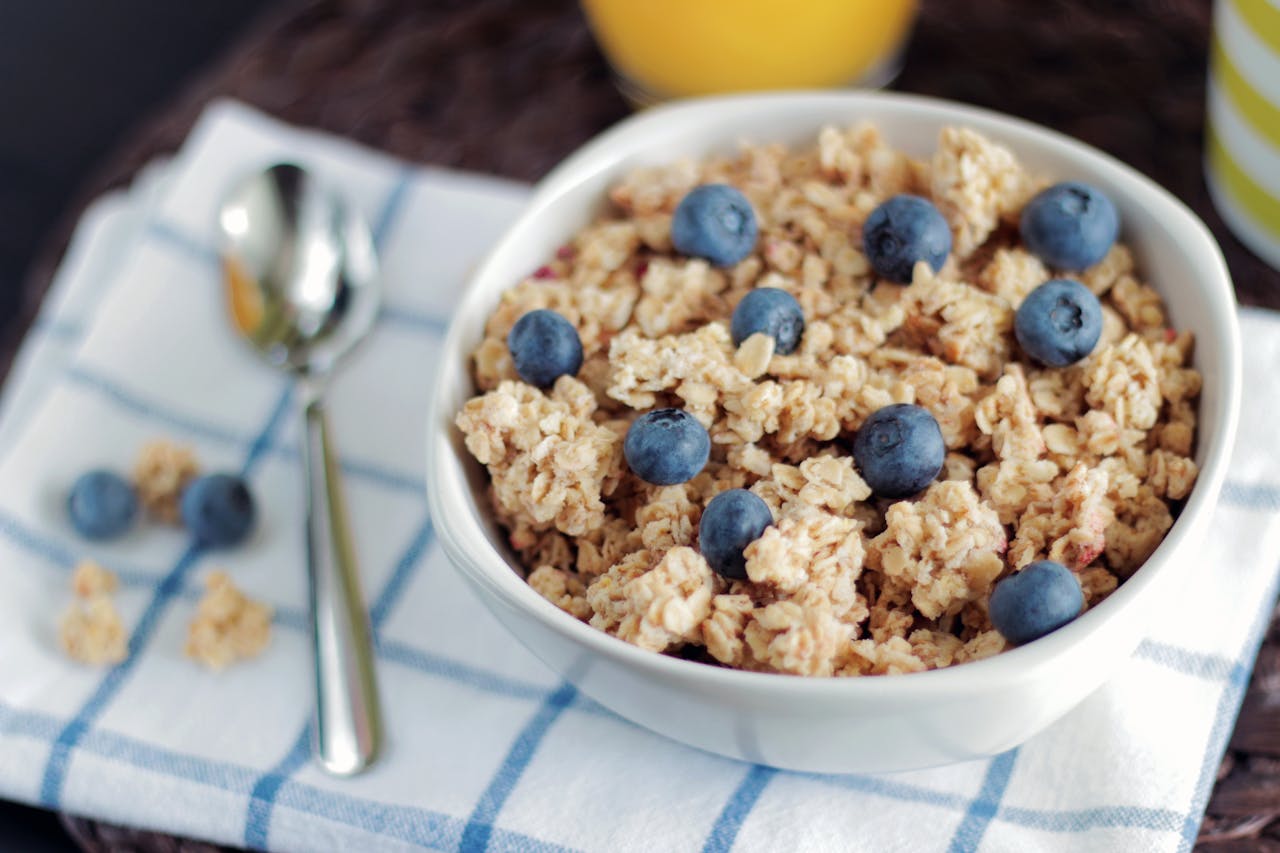Why Celebs Like Alicia Silverstone and Gwyneth Paltrow Swear by the Macrobiotic Diet
Madonna, Gwyneth Paltrow, and Alicia Silverstone are among the Hollywood stars who have reportedly embraced the macrobiotic diet. Silverstone has even dubbed it her “superhero” diet, calling it “a way of life” in a recent post on her blog, The Kind Life.
While it might sound complex or even a bit intimidating, the core idea behind the macrobiotic approach to eating is surprisingly straightforward. As Silverstone explains: “Avoid the processed stuff, let whole foods fill up your plate.”
Ultra-Processed Foods and Your Health: What Science Really Says
For years, Paltrow also adhered to a macrobiotic diet. “I really deepened my connection with food and the whole philosophy around macrobiotics,” the actress shared on her Goop podcast.
Curious to see whether the macrobiotic lifestyle could be a fit for you? Read on to explore this celebrity-endorsed way of eating.
The concept of the macrobiotic diet was first introduced in the 1920s by Japanese philosopher George Ohsawa. He believed that eating simple, nutritious whole foods was a path to living in harmony with nature, and even claimed that such a diet could cure serious illnesses, including cancer. However, it’s important to note that there is no scientific evidence to support the idea that any diet can cure cancer.
 Pexels
Pexels
“A macrobiotic diet is an extension of a larger macrobiotic lifestyle, a philosophy rooted in the concept of yin and yang,” Brooke Bussard, MD, nutrition specialist and founder of Brooke’s Balanced Blueprint, explains to VegNews. “The goal is to balance foods that energize us with those that help us feel calm and refreshed.”
Ultra-processed foods (UPFs) are typically avoided on a macrobiotic diet. This is one of the biggest factors that sets it apart from the Standard American Diet, which is made up of roughly 60 percent UPFs. The macrobiotic diet is also low in meat and dairy.
“Whole, unprocessed plant foods form the foundation,” adds Bussard. “Think whole grains, plenty of vegetables, legumes like tofu and tempeh, and sea vegetables.”
“Whole food staples provide nutrients while supporting that yin-yang balance.”
While it’s generally plant-forward, not all fruits and vegetables are encouraged on a macrobiotic diet. This is because the aim behind the diet is to achieve a balance between yin and yang, and to eat local foods in line with the seasons. Nightshades, for example, like tomatoes and hot peppers, are often restricted for being too stimulating (or too yin). Tropical fruits, like bananas and pineapple, are also restricted when eaten out of season or in the wrong climate.
Most who follow the diet stick to whole grains, legumes, root vegetables, leafy greens, sea vegetables, local seasonal fruits, fermented foods, and cooked plant-based dishes. Raw foods are also generally discouraged, as they’re harder for the body to digest.
One key benefit of a macrobiotic diet is its lack of UPFs. These foods, like potato chips, fast-food burgers, candy, and TV dinners, tend to be high in saturated fat, sodium, and sugar. In recent years, these foods have been linked to a wide range of health issues. In fact, high consumption of UPFs has been associated with more than 30 different diseases, including cancer and heart disease.
Another major benefit is nutrient density. Thanks to its focus on whole, plant-based foods, the macrobiotic diet is rich in antioxidants, fiber, and essential vitamins and minerals. That said, no diet is without its caveats.
“People following a plant-based macrobiotic diet should take a B12 supplement, since this vitamin isn’t reliably found in plants,” advises Bussard. “Without enough B12, you risk anemia and nerve problems so it’s important to stay on top of this.”
 Pexels
Pexels
There’s no one-size-fits-all version of the macrobiotic diet, and some people follow it more strictly than others. As Silverstone puts it: “It’s okay to have a veggie burger or pizza every once in a while. But when you keep your body in balance with the seasons for the most part, everything seems to just work better.”
“Small changes add up,” Bussard says. If you’re new to the approach, try making a few easy swaps each week, like using tofu instead of eggs in a scramble, or replacing your usual breakfast with a bowl of oatmeal. After that, consider swapping animal protein for tofu or tempeh in a few dishes.
“A gentle approach gives your taste buds and your body time to adjust,” Bussard adds.
Planning ahead is also key to making a macrobiotic diet sustainable. Whole foods tend to be lower in calories than ultra-processed ones, which means you’ll need to eat a bit more to stay full and energized.
“A common pitfall with any plant-centered diet is not getting enough calories, which can lead to fatigue and cravings. To avoid this, be sure you’re eating enough hearty staples like legumes and whole grains,” Bussard says. “Like any plant-focused eating pattern, it’s smart to plan ahead.”

Charlotte is a VegNews editor and writer based in sunny Southsea on England's southern coast.
You may also like...
Diddy's Legal Troubles & Racketeering Trial

Music mogul Sean 'Diddy' Combs was acquitted of sex trafficking and racketeering charges but convicted on transportation...
Thomas Partey Facing Rape & Sexual Assault Charges

Former Arsenal midfielder Thomas Partey has been formally charged with multiple counts of rape and sexual assault by UK ...
Nigerian University Admission Policy Changes

JAMB has clarified its admission policies, rectifying a student's status, reiterating the necessity of its Central Admis...
Ghana's Economic Reforms & Gold Sector Initiatives

Ghana is undertaking a comprehensive economic overhaul with President John Dramani Mahama's 24-Hour Economy and Accelera...
WAFCON 2024 African Women's Football Tournament

The 2024 Women's Africa Cup of Nations opened with thrilling matches, seeing Nigeria's Super Falcons secure a dominant 3...
Emergence & Dynamics of Nigeria's ADC Coalition

A new opposition coalition, led by the African Democratic Congress (ADC), is emerging to challenge President Bola Ahmed ...
Demise of Olubadan of Ibadanland
Oba Owolabi Olakulehin, the 43rd Olubadan of Ibadanland, has died at 90, concluding a life of distinguished service in t...
Death of Nigerian Goalkeeping Legend Peter Rufai

Nigerian football mourns the death of legendary Super Eagles goalkeeper Peter Rufai, who passed away at 61. Known as 'Do...



